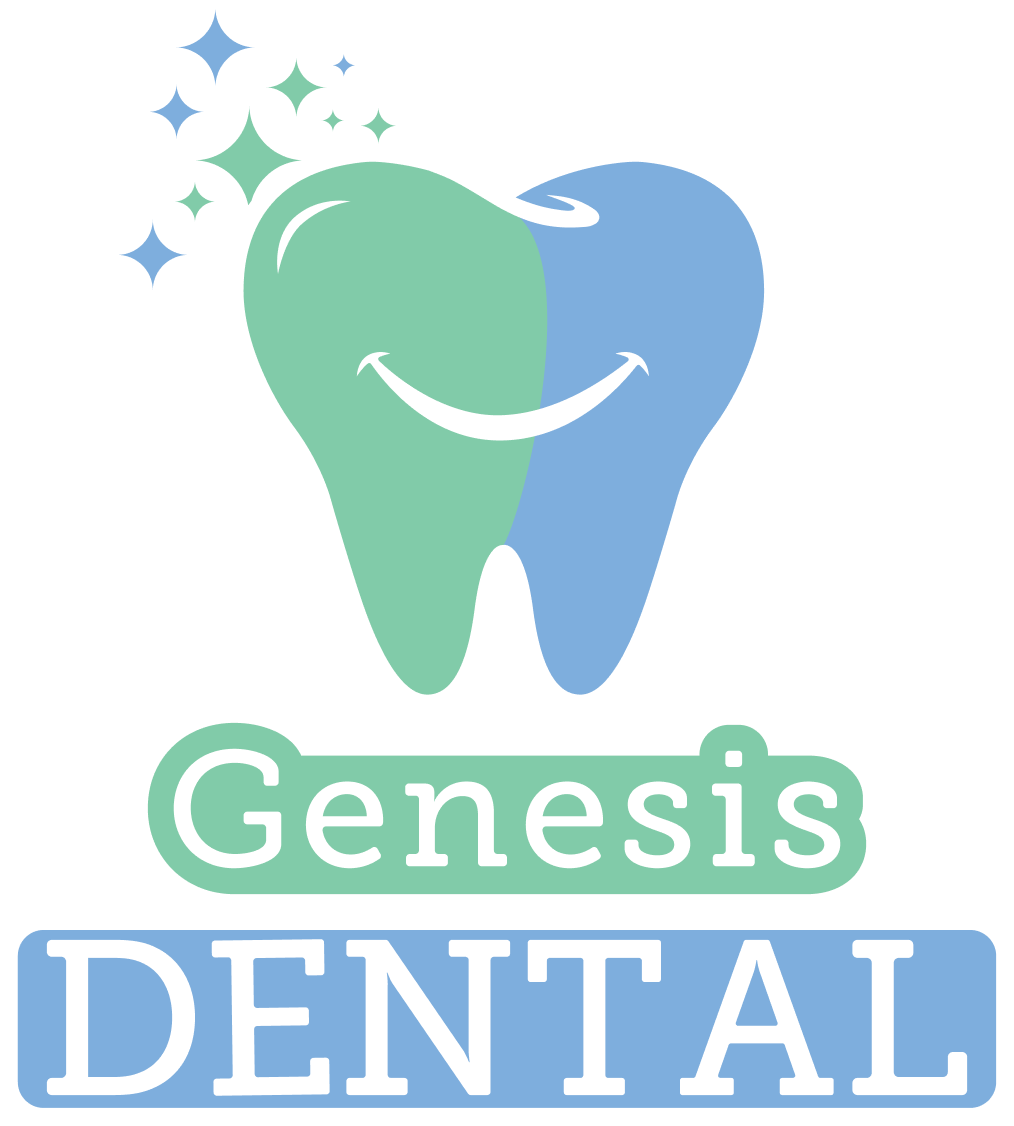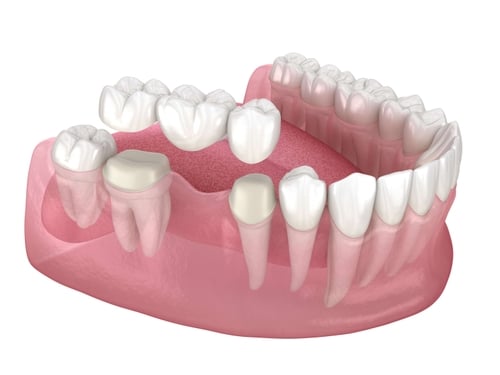Replace Missing Teeth with Dental Bridges
Losing a tooth can be a challenging experience, impacting both the appearance and function of your smile. Fortunately, dental bridges offer a popular and effective solution for replacing missing teeth. Our skilled Flower Mound, TX dentist, Dr. Madeleine Zhao, offers dental bridges to enhance the look of your smile, restore your ability to chew and speak properly, and prevent further dental issues.
Understanding the different types of dental bridges available and determining which one is best suited for your specific oral health needs is important. To learn more about dental bridges, contact our Flower Mound dental office by calling (972) 355-2424.
What Are Dental Bridges?
Dental bridges are prosthetic devices used to replace missing teeth. They consist of one or more artificial teeth that are supported by natural teeth or dental implants. Dental bridges can be made from various materials, including porcelain, ceramic, or metal.
Types of Procedures We Offer
Depending on your needs, Dr. Zhao may recommend one of the following dental bridges:
- Traditional Bridges: This is the most common type of dental bridge. It consists of one or more artificial teeth that are anchored to adjacent teeth using dental crowns.
- Cantilever Bridges: This type of bridge is used when there’s only one adjacent tooth available to support the artificial tooth.
- Maryland Bridges: This type of bridge is made of a metal or porcelain framework that’s bonded to the back of adjacent teeth. Maryland bridges are typically used to replace front teeth.
- Implant-Supported Bridges: This type of bridge is supported by dental implants instead of natural teeth. It is a more durable and long-lasting option, but also a more costly one.
Benefits of Dental Bridges
Dental bridges offer numerous benefits, including:
- Restored Function: Dental bridges improve your ability to chew and speak properly, enabling you to enjoy a varied diet and communicate clearly.
- Enhanced Smile: Bridges fill in gaps caused by missing teeth, restoring your smile and boosting self-confidence.
- Prevents Teeth Shifting: By occupying the space left by missing teeth, dental bridges prevent the remaining teeth from shifting out of position, maintaining proper dental alignment.
- Improved Oral Health: Bridges help distribute the forces in your bite evenly, reducing the risk of dental issues, such as temporomandibular joint (TMJ) disorders or gum disease.
Personalized Cost Estimates at Genesis Dental
The cost of dental bridges can vary based on several factors. These include the type of bridge, the materials used, the number of missing teeth being replaced, the location of the dental practice, and any additional procedures required, such as tooth extractions or gum treatments. Generally, traditional bridges tend to be more affordable compared to more advanced options like implant-supported bridges. Dental insurance coverage may also influence the out-of-pocket cost. It’s essential to consult with a dentist for a personalized cost estimate, as they can assess your specific needs and provide accurate information about the expenses involved in getting a dental bridge. Investing in a dental bridge can not only restore your smile’s appearance and function but also contribute to your overall oral health and well-being.
Patients Who Qualify for Dental Bridges
Candidates for dental bridges typically include individuals who:
- Have one or more missing teeth
- Have healthy teeth or dental implants adjacent to the gap
- Are committed to maintaining good oral hygiene
- Have sufficient jawbone density to support the bridge
FAQs About Dental Bridge Procedures
How long do dental bridges typically last?
Dental bridge lifespans vary, but they can last anywhere from 5 to 15 years or more with proper care. Regular dental check-ups, good oral hygiene, and a healthy lifestyle can extend the longevity of your bridge.
Can I eat normally with a dental bridge?
Yes, you can eat normally with a dental bridge, but it’s recommended to avoid extremely hard or sticky foods that could potentially damage the bridge or cause it to dislodge. Chewing on both sides of your mouth and cutting food into smaller pieces can help maintain the bridge’s integrity.
Is the dental bridge procedure painful?
The procedure itself is typically not painful, as local anesthesia is used to numb the area during tooth preparation and bridge placement. Some mild discomfort or sensitivity might be experienced after the procedure, but it should subside within a few days.
Achieve The Smile You’ve Always Desired At Genesis Dental
Dental bridges are a great solution for replacing missing teeth and enhancing the function and appearance of your smile. There are various types of dental bridges available, each with its own advantages and disadvantages.
Schedule a consultation with your Flower Mound, TX dentist by calling (972) 355-2424 to determine which type of dental bridge is best suited for your specific oral health needs. With proper care, dental bridges can last for many years and help you maintain a healthy, beautiful smile.

